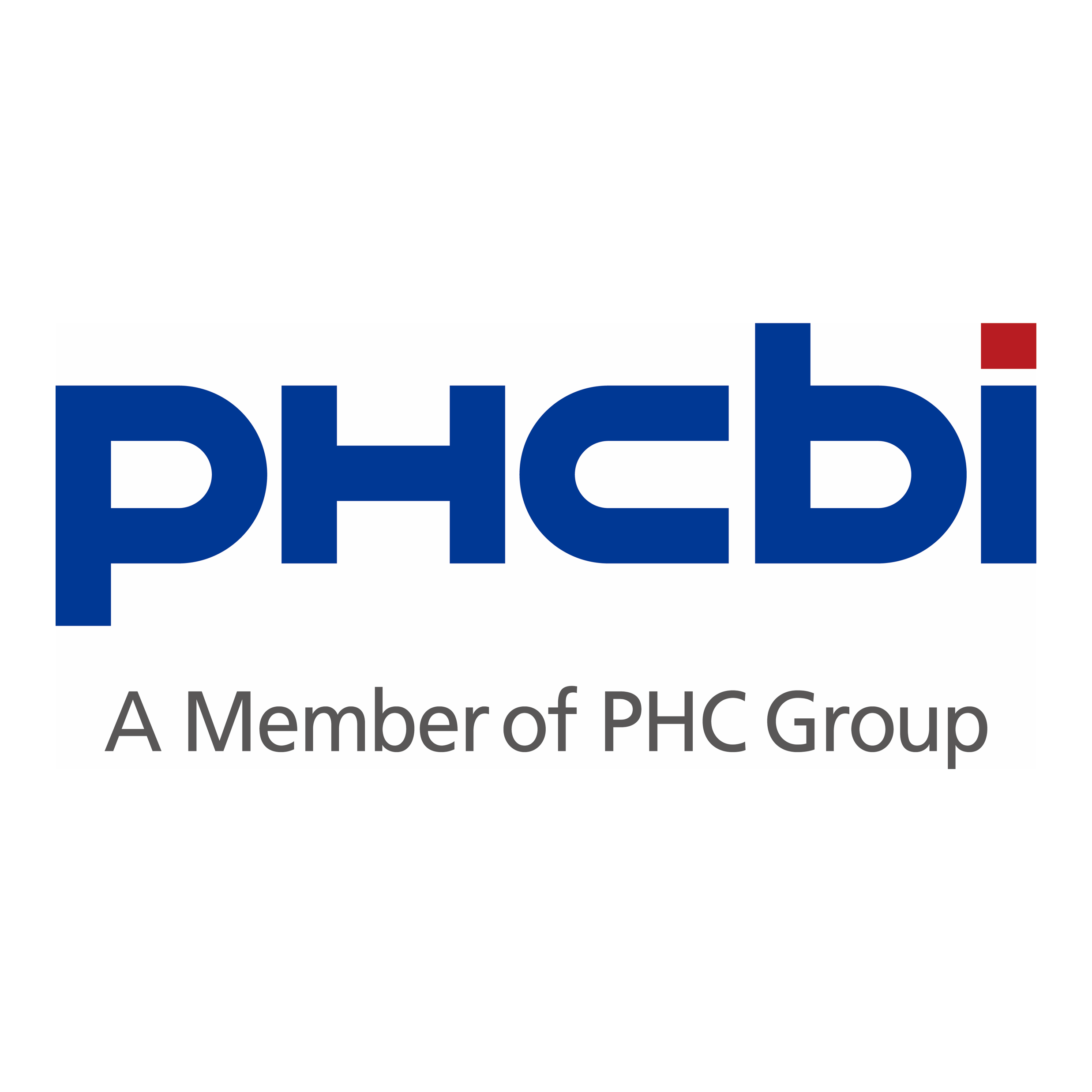Today, a brief rundown of news involving the Food and Drug Administration and Gilead Sciences, as well as updates from AC Immune, Agios Pharmaceuticals, Merck KGaA that you may have missed.
Moving forward, the Food and Drug Administration plans to release the complete response letters it uses to reject drugmaker approval applications “promptly” after they’re issued, a major new step for an agency that only months ago published a select archive of the letters for the first time. Most of the letters it posted in July had previously been made public and involved products that were later approved. The FDA now plans to publish batches of previously issued letters connected to applications that were withdrawn or abandoned. Along with its announcement, the agency added 89 previously unpublished letters issued in 2024 and this year, including rejection notices for Replimune, Capricor, Ultragenyx Pharmaceutical and Rocket Pharmaceuticals. — Ned Pagliarulo
The U.S. government will help distribute Gilead Sciences’ HIV prevention drug Yeztugo to several low- and middle-income countries through an international AIDS relief program called PEPFAR, the company said Thursday. The assistance of the Trump administration had been in doubt following cuts to foreign aid earlier this year. But it will now enable Gilead, with the help of PEPFAR and The Global Fund, to reach up to 2 million people over the next three years in the countries the two organizations support. Yeztugo, a twice-yearly shot, was approved by the FDA in June and is expected by analysts to reach $4 billion to $5 billion in peak annual sales. — Ben Fidler
Following a strategic review, brain drug developer AC Immune has decided to lay off roughly 30% of its workforce. The company had 172 employees, 39 of whom were part-time, by the end of last year. In a statement, CEO Andrea Pfeifer called the decision “challenging and carefully considered.” AC Immune is also narrowing its research lens to focus on three clinical-stage immunotherapy programs, two of which are in ongoing collaborations with pharmaceutical giants, as well as its “most promising” small molecule drugs targeting the proteins NLRP3 and tau. The company expects these shakeups will provide enough savings to keep it operational until at least the third quarter of 2027. — Jacob Bell
The FDA needs more time to decide whether to approve Agios Pharmaceuticals’ drug Pyrukynd for people with certain forms of the rare inherited blood disease thalassemia. The agency was scheduled to issue a verdict by Sept. 7, but delayed its decision by three months after Agios submitted a risk mitigation protocol the FDA has classified as a “major amendment” to the submission. That protocol is meant to protect people from the risk of the type of liver cell damage or inflammation that’s been observed in clinical testing of Pyrukynd in thalassemia. The potential impact on Pyrukynd’s commercial outlook sent Agios down by double digits. It also heightened pressure in an ongoing Phase 3 trial in sickle cell disease, wrote Leerink Partners analyst Andrew Berens. — Ben Fidler
Merck KGaA on Tuesday named veteran pharmaceutical executive and venture capitalist David Weinreich its global head of R&D and chief medical officer for its healthcare business unit. Weinreich, who will be based in Massachusetts, previously worked in clinical and development roles at Regeneron, Bayer and Amgen. Most recently, he’s worked as an operating partner and senior adviser at Foresite Labs and Foresite Capital Management. “In David, we have a leader with a unique combination of deep scientific expertise, immense experience in drug development and successfully bringing drugs to the finish line, and global perspective,” Danny Bar-Zohar, head of Merck KGaA’s healthcare unit, said in a statement. “His appointment marks an exciting step forward as we work to bring more medicines to more patients, faster.” — Ned Pagliarulo














